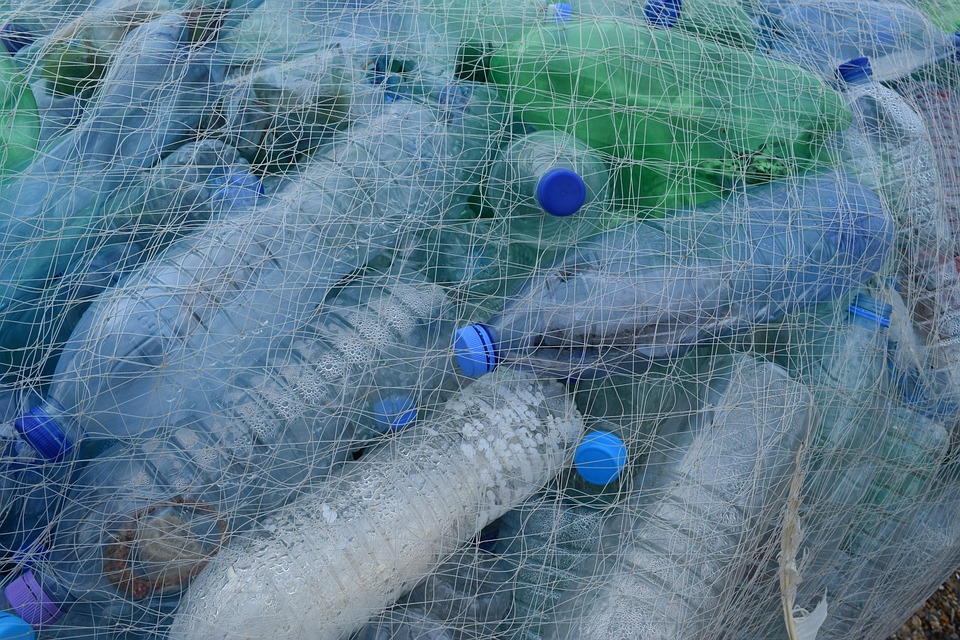Starting from 2030, Venetian fishermen will be prohibited from using polystyrene fish boxes, which will have to be replaced with crates made of “sustainable” material, meaning capable of ensuring environmental sustainability, their own traceability, and the hygienic and sanitary safety of the fish product. This is established by Regional Law no. 5 of May 13, 2025, issued in order to promote the circular economy within the fishing sector and to combat marine pollution.
For those who ignore the provisions, administrative sanctions ranging from 200 to 1200 euros are foreseen.
Polystyrene is a highly fragmentable material; as a consequence, the dispersion of plastic fragments causes suffocation and entrapment of marine animals and plants. Furthermore, its use is directly connected to the dispersion of micro and nanoplastics, defined respectively as fragments under 5 mm and 1 micron. These can be produced directly in these dimensions or derive from the fragmentation of larger plastics due to the action of environmental agents. The risks related to microplastics have not yet been completely described, but are associated with respiratory diseases, inflammatory responses, and cancer.
Polystyrene, commonly used for the construction of crates used in fishing, releases approximately 67 million micro and nanoplastics per square centimeter after one month of exposure to sunlight (ScienceDirect, 2024). This causes the dispersion of these synthetic fragments and their accumulation along the food chain, eventually reaching our tables. In 2017, the UN declared that the total amount of microplastics present in the seas amounts to 51 trillion, a number 500 times higher than that of the stars in the Milky Way.
Sea the Change, with the objective of bringing change within the fishing sector, has developed the Net Reborn project, in collaboration with the NGO Fondazione Cetacea: it foresees the “adoption” of a cooperative of fishermen, in which polystyrene boxes are replaced with crates made of durable material. As stated in the informative data concerning the regional law, crates made of durable plastic are designed to withstand repeated uses, reducing the need for replacement and the overall amount of waste produced. In this way, plastic pollution in the seas is reduced and the circular economy is promoted, resulting therefore in a benefit not only environmental, but also economic.
The declaration of the regional law comes at the same time as the first year of implementation of the Net Reborn project, to which Coopservice has adhered, choosing to adopt a cooperative of fishermen and to completely replace polystyrene crates with those in durable plastic. A concrete initiative that, in addition to generating a positive impact on the marine environment and the local economy, represents a virtuous and replicable model for other companies.
If you are a company and want to take part in a change that will soon become law, Net Reborn is the project for you. In addition to generating a positive impact on an environmental and social level, you will be able to strengthen your sustainability strategy by reporting the results in the impact report, which can be included in the sustainability report, through internationally recognized indicators.
Supplementary material – for further information
Regional law: https://bur.regione.veneto.it/BurvServices/Pubblica/DettaglioLegge.aspx?id=555785
Regulation for the definition of sustainable products: https://eur-lex.europa.eu/legal-content/IT/TXT/PDF/?uri=OJ:L_202401781









